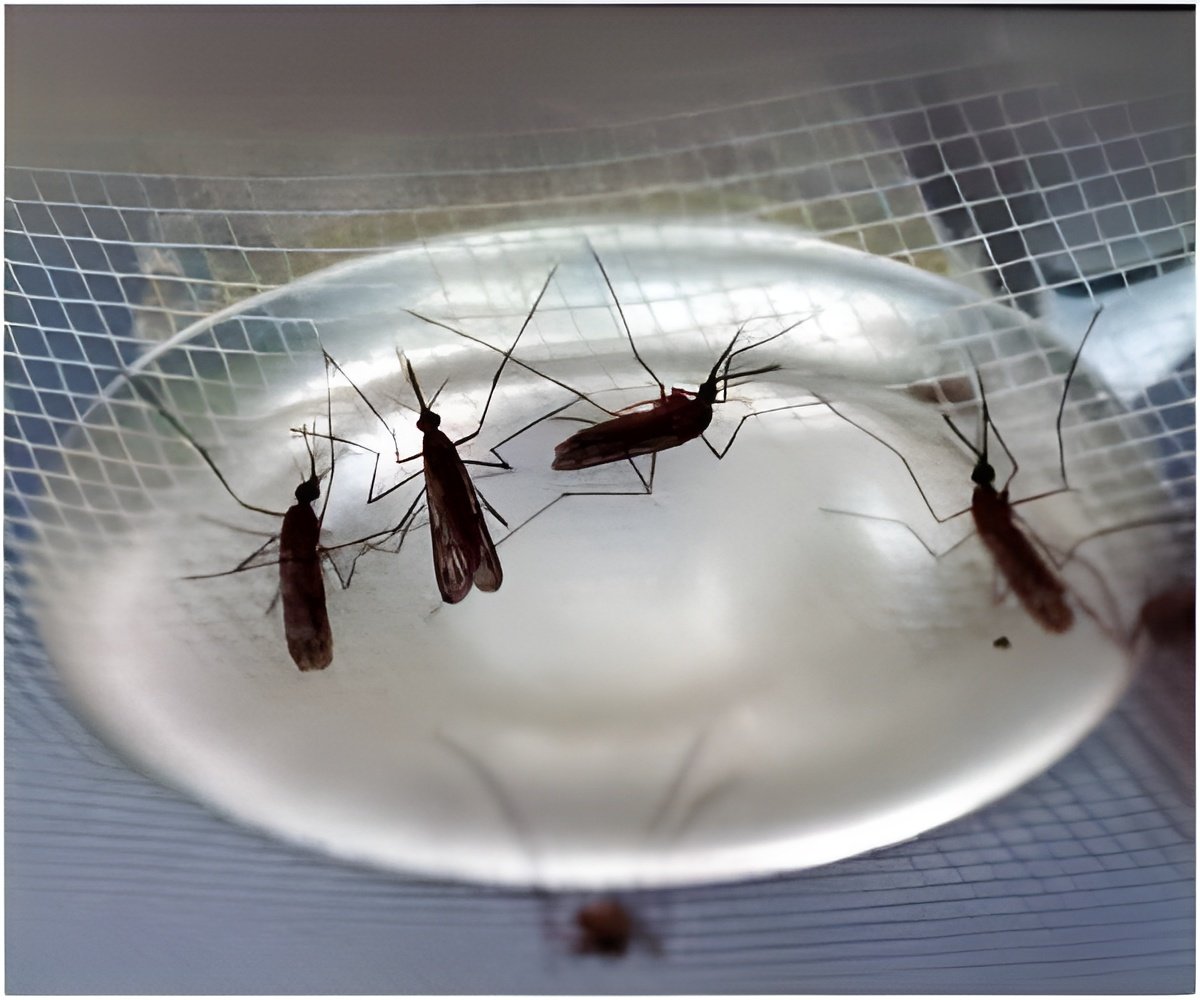The majority of fatal cases of malaria are caused by infection with the parasite Plasmodium falciparum.
The majority of fatal cases of malaria are caused by infection with the parasite
Plasmodium falciparum. Most at risk are young children and women who are pregnant. A team of researchers, led by Patrick Duffy, at the National Institutes of Health, Rockville, has now developed an approach to profile
P. falciparum parasites in such a way that they are able to identify parasite genes associated with severe infection.
In the study, they identified a distinct subset of genes in parasites infecting pregnant women, including a gene whose protein product is already known to be important for severe disease in these at risk patients and is a well-established pregnancy malaria vaccine candidate. They also identified a subset of genes that distinguished parasites infecting children from those infecting pregnant women. The team hopes that this information will provide new understanding of the nature of severe childhood malaria. Future experiments will attempt to validate the protein products of these genes as biomarkers of disease severity and targets for new intervention strategies.
Source-Eurekalert
